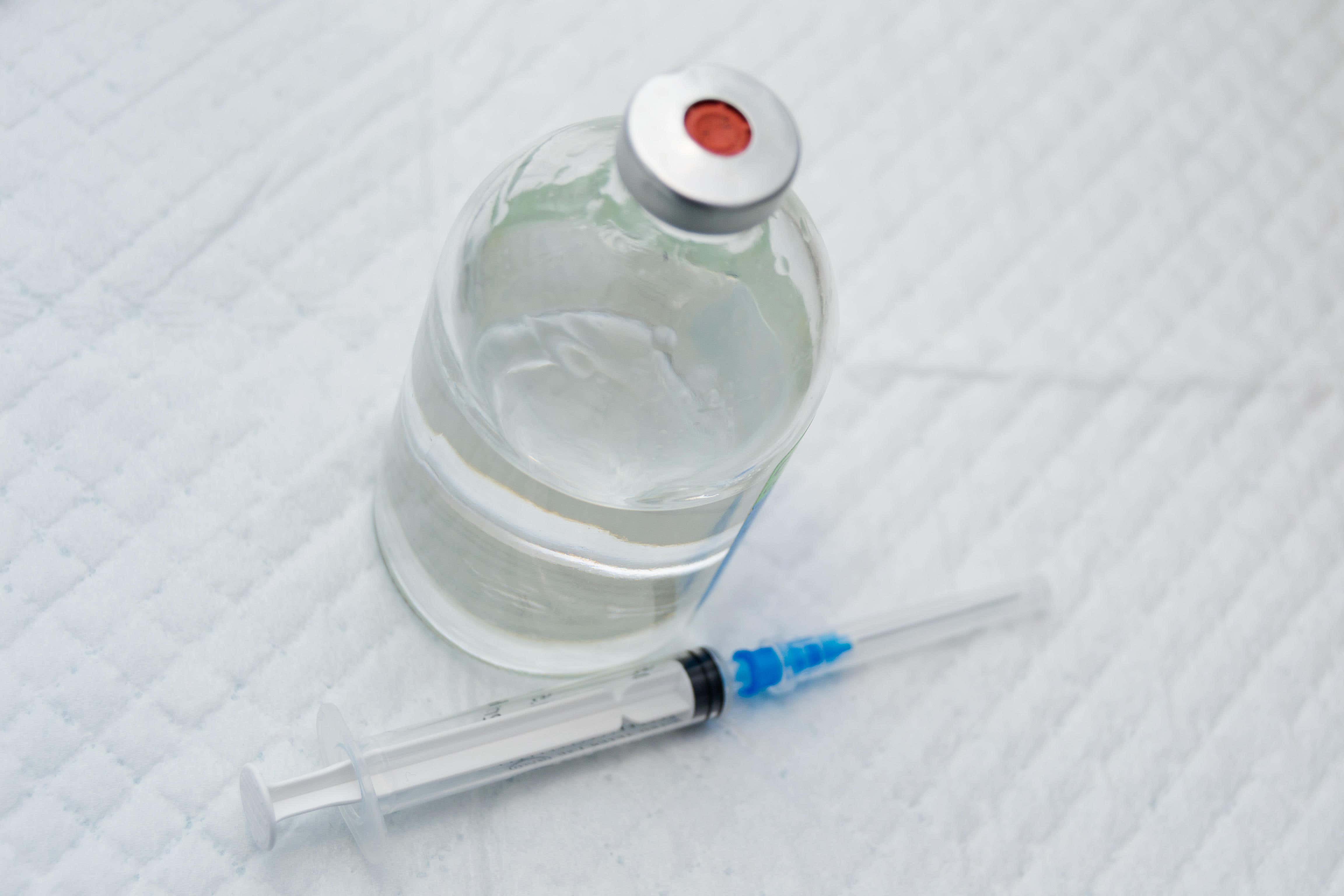Concern as ‘tranq dope’ drug found in UK
The drug has been causing problems across the US and has now been found in the UK.

Your support helps us to tell the story
From reproductive rights to climate change to Big Tech, The Independent is on the ground when the story is developing. Whether it's investigating the financials of Elon Musk's pro-Trump PAC or producing our latest documentary, 'The A Word', which shines a light on the American women fighting for reproductive rights, we know how important it is to parse out the facts from the messaging.
At such a critical moment in US history, we need reporters on the ground. Your donation allows us to keep sending journalists to speak to both sides of the story.
The Independent is trusted by Americans across the entire political spectrum. And unlike many other quality news outlets, we choose not to lock Americans out of our reporting and analysis with paywalls. We believe quality journalism should be available to everyone, paid for by those who can afford it.
Your support makes all the difference.A powerful animal tranquiliser known as “tranq dope” has “penetrated” the UK’s illegal drug market, experts have warned.
Xylazine, also known as tranq, has already been linked to one death and concerns have been raised that it may have contributed to several more.
In most cases the drug is mixed with strong opioids such as heroin or fentanyl, but a new study shows it has also been found in counterfeit prescription medication tablets, THC (tetrahydrocannabinol) vapes and cocaine.
The new study, published in the journal Addiction, warns about side effects including airway compromise and skin ulcers which can lead to limb amputation.
We now know that xylazine has penetrated the UK’s illicit drug market. This is cause for alarm as a much wider population of people who use drugs beyond heroin users will be exposed to its harms
Researchers, led by academics from King’s College London, highlighted how use of the drug has become a major concern in the US and this “public health threat has now expanded to the United Kingdom”.
They highlight the death of a 43-year-old man in Solihull in the West Midlands, in May 2022.
Their study examined various toxicology, drug testing and drug seizure sources and found 35 cases of xylazine across England, Scotland and Wales by the end of August last year. No cases were found in Northern Ireland.
They published data on 16 biological samples taken from toxicology labs, where the drug was found in 16 people – including 11 people who had died. Some 11 of these samples were from summer last year.
Senior author Dr Caroline Copeland, from King’s College London, said: “We now know that xylazine has penetrated the UK’s illicit drug market.
“This is cause for alarm as a much wider population of people who use drugs beyond heroin users will be exposed to its harms.
“We also know that most people who buy heroin will not intend to buy xylazine and this combination increases the risk of overdose. Xylazine was designated an ‘emerging threat’ to the United States and this public health threat is a growing concern for the UK.
“There are three simple measures the UK can introduce to prevent the epidemic of xylazine use that has emerged in the USA. Cheap xylazine test strips should be made available, healthcare providers need to be aware of the signs that chronic skin ulcers are due to xylazine use, and pathologists and coroners should specifically request toxicology testing for xylazine in relevant cases to understand the true prevalence of the drug.”
A Government spokesperson said: “We are aware of the threat from xylazine and are determined to protect people from the threat posed by this drug and other illicit synthetic drugs.
“We will not hesitate to act to keep the public safe. Following advice from the Advisory Council on the Misuse of Drugs (ACMD), we intend to make xylazine a Class C drug meaning anyone supplying this substance will face up to 14 years in prison, a fine or both.”